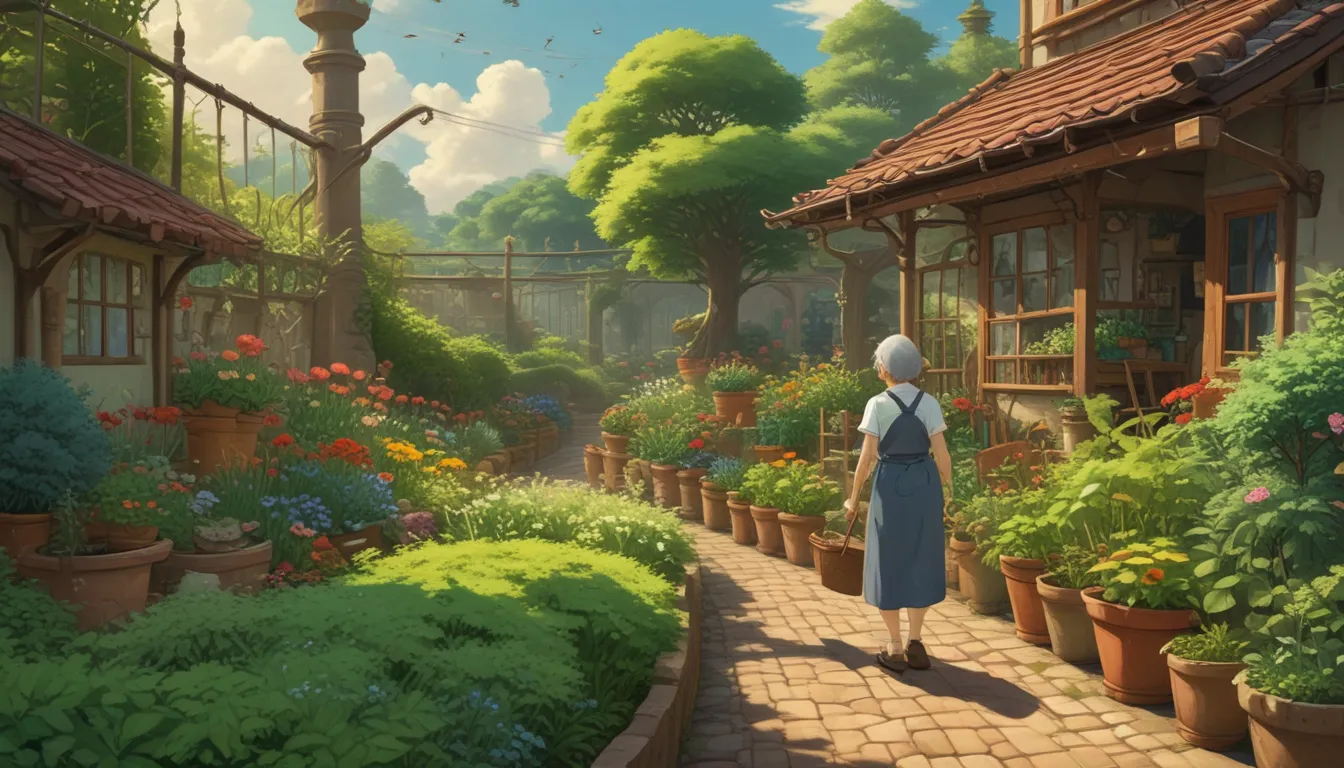The Therapeutic Benefits of Gardening for Seniors

As we age, it’s important to find activities that keep us engaged, active, and connected to the world around us. Gardening is a wonderful way for seniors to do just that. Not only does it provide a form of low-impact exercise, but it also offers a host of mental and emotional benefits. Let’s explore the therapeutic benefits of gardening for seniors, along with some tips to ensure a successful and enjoyable gardening experience.
Benefits of Horticulture for Seniors
Gardening is more than just a hobby – it’s a form of therapy. Here are some of the benefits that seniors can enjoy by spending time in the garden:
- Decreased risk of dementia: Engaging in gardening activities can help keep the mind sharp and focused.
- Improved hand strength and dexterity: Tending to plants and using gardening tools can help maintain hand strength and dexterity.
- Lower stress levels and higher self-esteem: Spending time outdoors among plants has been shown to reduce stress levels and boost self-esteem.
- Reduced heart attack and stroke risk: The physical activity involved in gardening can contribute to better cardiovascular health.
In addition to these scientific benefits, gardening can also help bridge the generation gap by providing opportunities for outdoor interactions with family members and friends.
Overcoming Obstacles
While seniors may be passionate about gardening, physical limitations can sometimes pose challenges. Ground-level digging, standing for long periods, and stooping can be difficult for older individuals. To overcome these obstacles, it’s important to have open conversations with loved ones who are eager to pursue their gardening passion. By using proper techniques and ergonomic tools, many of these challenges can be addressed.
7 Best Practices for Senior Gardeners
To ensure a successful and enjoyable gardening experience for seniors, here are seven tips to keep in mind:
1. Create Raised Beds
Raised beds are a great way to elevate the soil to a more manageable level. This can help with pest and weed control, as well as reduce the need for bending and kneeling. Raised beds are also suitable for individuals using walkers or wheelchairs.
2. Make It Comfortable
Invest in gardening tools and equipment that make gardening more comfortable and accessible. Consider using a folding garden stool that doubles as a kneeler and seat, or a rolling cart with a seat and equipment caddy.
3. Protect Yourself
Ensure you have the necessary sun-protective gear, such as a sun hat, sunglasses, sunblock, and a long-sleeved shirt. These items can help keep you cool and protect you from the sun’s harmful rays.
4. Avoid Peak Hours
Try to avoid working outdoors during the sun’s harshest hours, typically between 10 a.m. and 2 p.m. Stay indoors on days with poor air quality, and consider cultivating houseplants on inclement days.
5. Go Ergonomic
Invest in gardening tools with soft grips, easy-to-hold handles, and an ergonomic design. These tools can help reduce strain on your wrists and hands, making gardening more comfortable.
6. Safety Routines
Consider setting up a security or emergency service in case of a fall or accident while gardening. Always carry a cell phone with you for added safety and peace of mind.
7. Make It Bold
To accommodate low-vision seniors, use brightly-colored tools and supplies in the garden. Consider investing in a garden hand trowel with a bright red soft-grip ergonomic handle, or a magnifying glass for reading seed packages.
Gardening as Therapy
Gardening offers a unique form of therapy for seniors, providing a relaxing and rejuvenating experience. Many retirement communities and assisted living facilities are recognizing the therapeutic benefits of gardening and incorporating plant-related activities into their programs. These activities not only improve the quality of life for residents but may also contribute to a reduction in health costs.
By following these tips and embracing gardening as a form of therapy, seniors can continue to enjoy the physical, mental, and emotional benefits that gardening has to offer. Share your experiences and adaptations for accessible and enjoyable gardening in the comments below.
If you’re interested in more gardening topics helpful to seniors and plant lovers of all ages, check out these articles:
- 7 of the Best Hand Cultivators
- Design and Construct Gorgeous Spring Planters for Porches and Patios
- Vertical Gardening Works for Everyone
Remember, gardening is not just a hobby – it’s a therapeutic activity that can enhance your overall well-being. Happy gardening!





